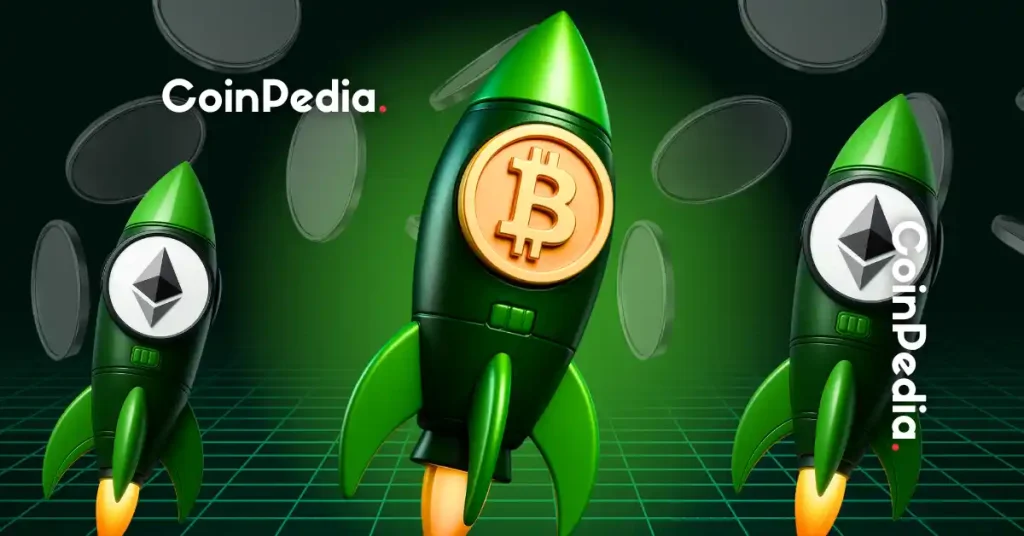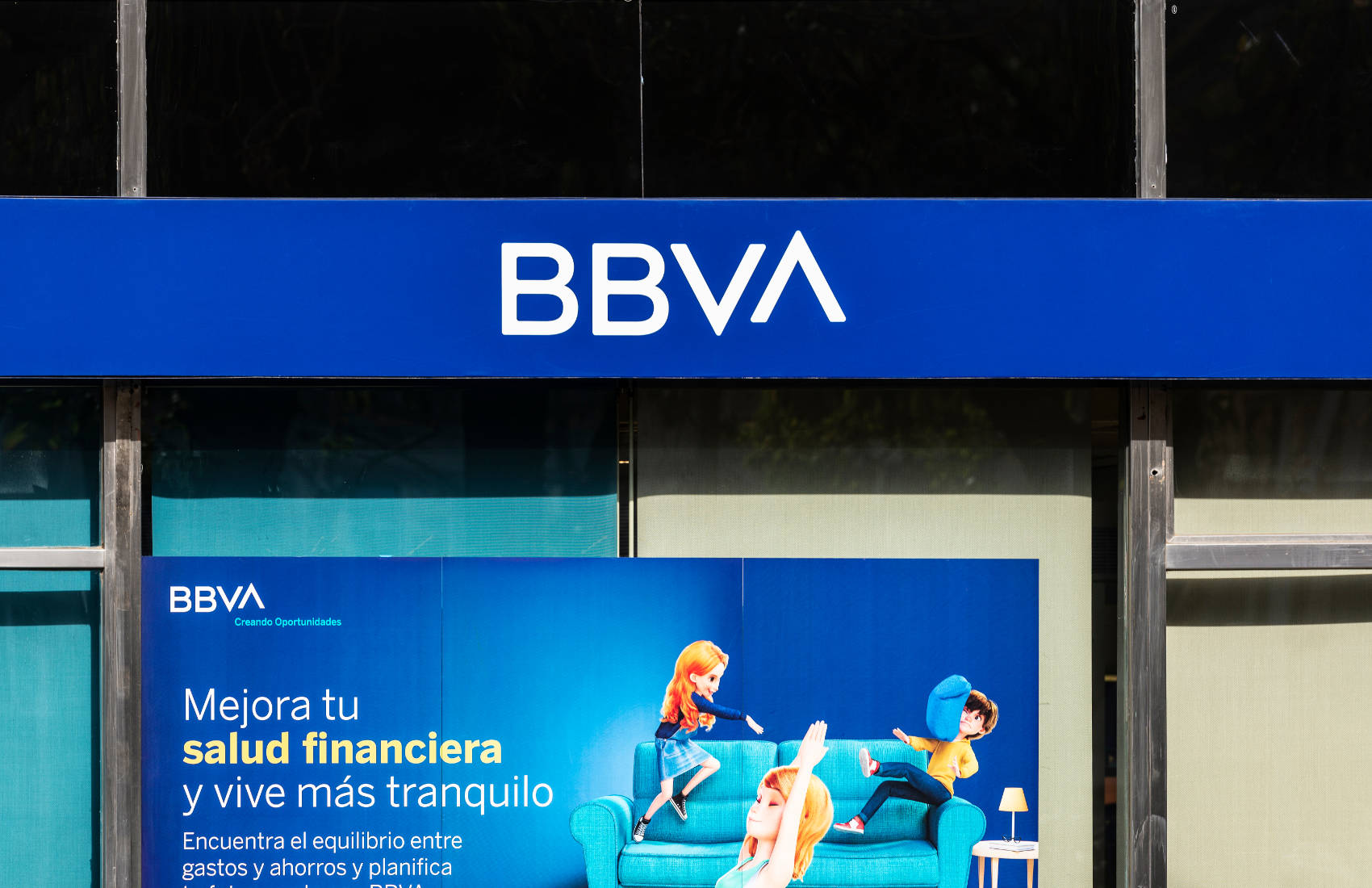BBVA Launches Crypto Trading Services in Spain

Banco Bilbao Vizcaya Argentaria (BBVA), a leading Spanish multinational financial services company, has officially launched comprehensive cryptocurrency trading and custody services for its retail customers in Spain. This significant move, which went live after filing disclosure documents with Spain’s National Securities Market Commission (CNMV) in March 2025, allows Spanish retail customers to seamlessly buy, sell, and hold crypto assets—specifically Bitcoin (BTC) and Ether (ETH)—directly through the BBVA mobile application. This initiative marks a crucial step in BBVA’s broader strategy to enhance its seamless digital experience and integrate digital assets within its traditional banking environment.
The bank’s new crypto services are meticulously aligned with the European Union’s Markets in Crypto Assets (MiCA) regulation. MiCA provides a standardized framework for the issuance and provision of crypto-asset services across the EU, aiming to ensure transparency, disclosure, authorization, and supervision, thereby enhancing investor protection. While BBVA facilitates access to these digital assets, it's important to note that the bank will not offer investment advice on them; clients are solely responsible for their investment decisions. Gonzalo Rodríguez, Head of Retail Banking for Spain at BBVA, emphasized this commitment, stating, “We want to make it easier for our retail customers in Spain to invest in crypto-assets, through a simple and easy-to-access digital solution on their cell phone. Our goal is to support them as they explore digital assets, backed by the strength and security of a bank like BBVA.”
The launch in Spain represents the third market where BBVA has introduced crypto services, following its initial foray into Switzerland in 2021 and Turkey in 2023. In Switzerland, BBVA first rolled out a Bitcoin trading desk for private banking clients, later expanding to include Ether and USDC. While most banking offerings at the time had stringent accredited investor requirements, BBVA's service, though requiring a deposit equivalent to $10,000, was more accessible. Its Turkish subsidiary, Garanti BBVA, further broadened the scope in 2023 by offering a wider range of digital assets, including Solana, XRP, and AVAX. The Spanish launch is particularly noteworthy as it is the first time BBVA has targeted retail customers in its home market with such comprehensive services.
Francisco Maroto, BBVA’s Head of Blockchain and Digital Assets, highlighted the bank’s continuous expansion in both crypto and tokenized traditional assets. BBVA has a history of experimenting with digital bond issuances, winning awards for its work in 2018/2019, and more recently, BBVA Asset Management explored tokenized funds in association with Allfunds Blockchain. The bank’s commitment to using its own custody infrastructure for crypto assets further enhances security and trust, addressing key concerns for new virtual currency investors.
BBVA’s move aligns with the accelerating crypto evolution in Spain, driven by growing demand and regulatory developments. The Spanish government has introduced measures to strengthen safety and expand crypto adoption. Other major Spanish banks, such as Banco Santander and Caixabank, are also exploring or already offering digital asset services. The National Commission for the Promotion of Digital Investments has indicated that over eight financial institutions have applied for virtual asset service provider registrations, with approvals still pending. This collective movement positions BBVA as a pioneer in bridging conventional banking with virtual innovation, paving the way for broader mainstream crypto adoption in the country.







_1751880097.jpeg)
